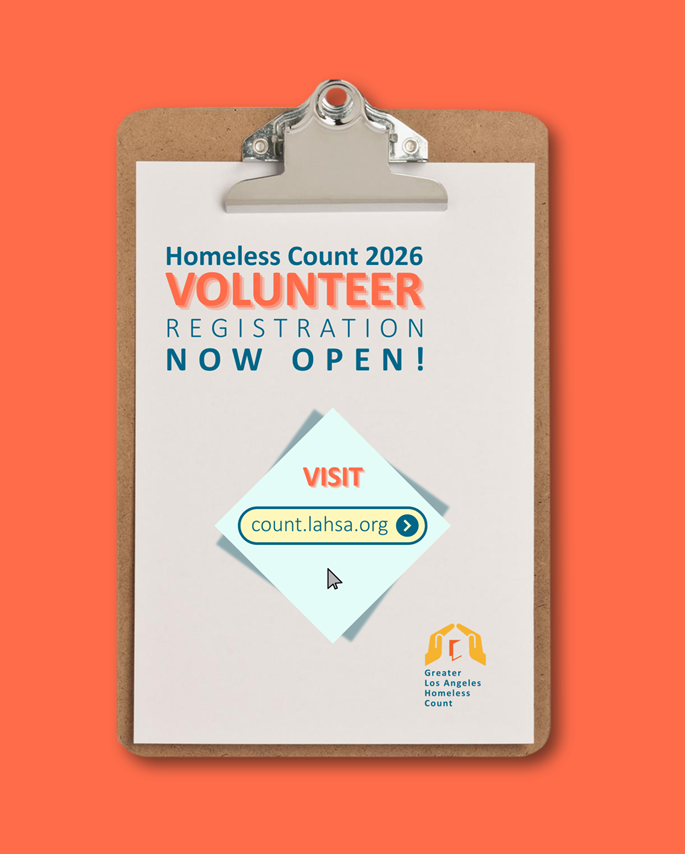Inside the world’s largest AIDS charity’s troubled move into homeless housing
BY LIAM DILLON, DOUG SMITH, BENJAMIN ORESKES

After her eviction, Alisha Lucero returned to her apartment to find her belongings thrown away.
Gone were Lucero’s passport and her recently deceased brother’s high school letter jacket. Lucero said she couldn’t get into her car because her landlord, the AIDS Healthcare Foundation, had trashed her keys. She was wearing the only clothes she had left.
For the next two years, Lucero lived on the streets where she said she was raped and beaten while her mental health spiraled. At times, Lucero slept in a tent steps from her former residence, the Madison in Skid Row.
“What they did to me was unjust, was brutal, was inhumane,” said Lucero, 44, speaking about her eviction. “They literally ruined my life.”
The foundation evicted Lucero and scores of other tenants in disputes over unpaid rent. At the same time, it was making public statements about the dangers of forcing people from their homes. On social media during the COVID-19 pandemic’s darkest days, the foundation put the stakes bluntly.
“Evictions kill,” the foundation said.
Such contradictions between the AIDS Healthcare Foundation’s vocal pro-tenant advocacy and the harsh conditions depicted by its residents have characterized the charity’s six-year foray into providing housing. With $2.2 billion in annual revenue drawn largely from its pharmaceutical business, the Los Angeles-based global AIDS nonprofit has transformed itself into one of the nation’s most prolific funders of tenants’ rights campaigns and one of Skid Row’s biggest landlords.
Under the direction of co-founder and President Michael Weinstein, the foundation has spent more than $300 million sponsoring rent control ballot initiatives in California and buying apartment complexes across the country, including more than a dozen in Los Angeles, mostly old single-room occupancy hotels.
At rallies, protests and news conferences, in newspaper advertisements and on social media, the foundation has billed itself as a white knight in the battle against homelessness. It pledged to manage its portfolio of properties at a fraction of the cost of government-subsidized projects.
“Elected officials would be wise to replicate AIDS Healthcare Foundation’s urgent, cost-effective model to build more low-income and homeless housing,” the foundation said on social media last year. “Lives hang in the balance.”
CLICK HERE to read the full article.



.svg)



